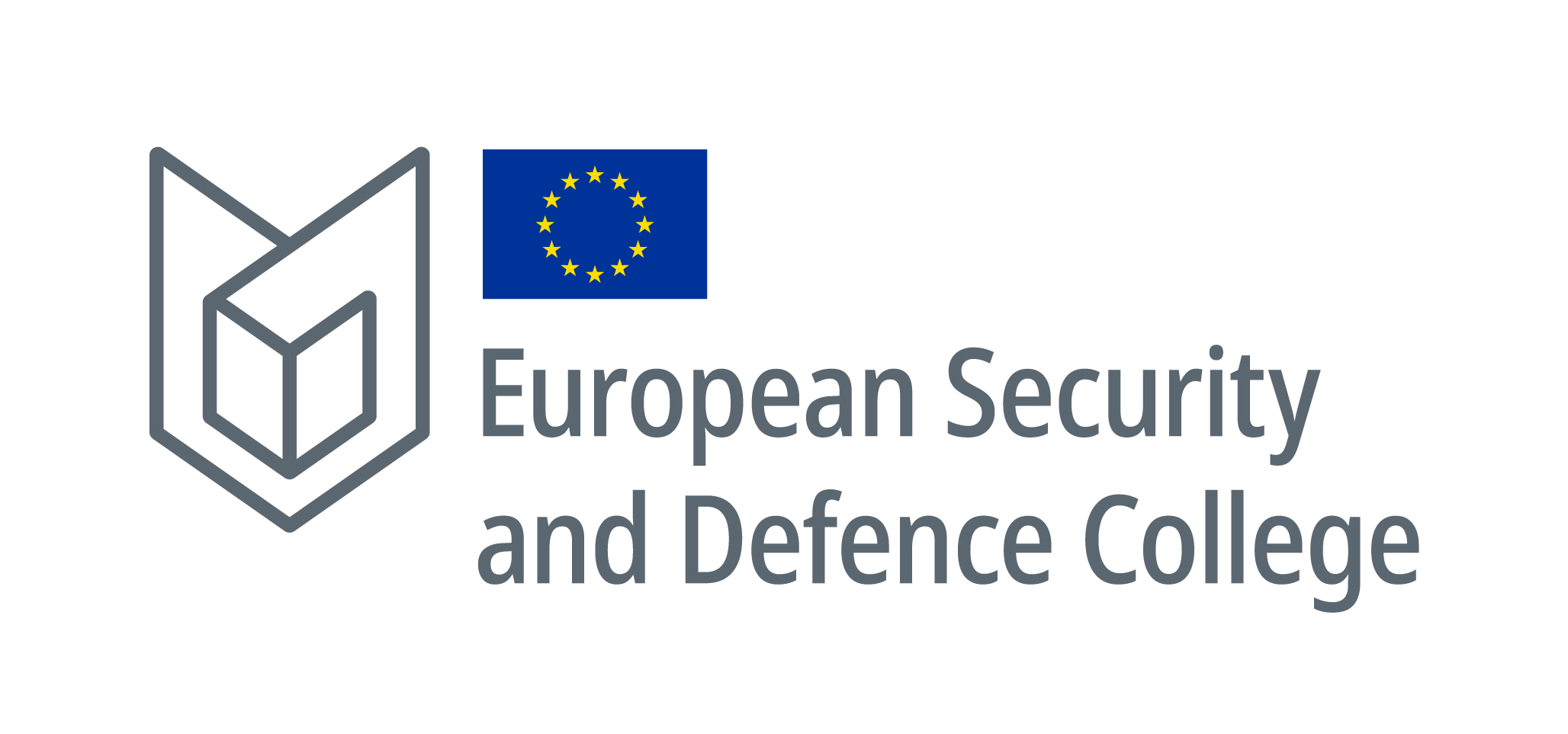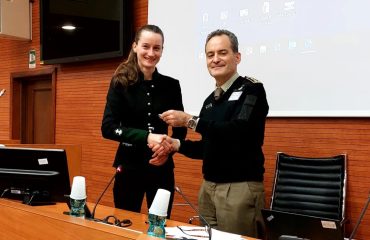
The European Security and Defence College (ESDC) and Egmont have the pleasure of announcing the award of
the 2020 Global Strategy PhD Prize to
Dr Maline Meiske
University of Oxford
For her dissertation on Burden-Sharing in Peace Operations:
Quantitative Studies on the Global, Regional, and National Level.
Dr Meiske analysed the dynamics between and within the European Union and its Member States, the United Nations, and the African Union. The jury was particularly impressed by the scope and ambition of this “big picture” dissertation, which yields insights that are directly relevant for the EU. “Peacekeeping is multilateralism in action”, in Dr Meiske’s words.
The Global Strategy PhD Prize is awarded annually to a doctoral dissertation drafted in one of the working languages of the EU’s Common Foreign and Security Policy (English and French), which address a policy-relevant topic related to the foreign, security and defence policy of the EU that falls within the remit of the EU Global Strategy. The jury is composed of Prof. Dr Sven Biscop (Egmont & Ghent University, chair), Dirk Dubois (Head of the ESDC), and representatives from the EU institutions and the academic community. The winner receives a cash prize of €1000.
About Dr. Maline Meiske
 Maline Meiske completed her DPhil at the University of Oxford on the subject of burden-sharing in peace operations. She also holds an MPhil in European Politics from the University of Oxford. Her research interests include the supply for peacekeeping, regional peacekeeping, and European Union foreign and security policy. Previously Dr Meiske has worked as a Junior Analyst at the European Union Institute for Security Studies (EUISS). She has written on gender balancing in EU peace operations, and is the author, with Andrea Ruggeri, of an article on peacekeeping as a tool of foreign policy.
On the After Exit project, Dr Meiske is working with Professor Ruggeri on the quantitative cross-case analysis. She is also supporting the surveys and subsequent quantitative within-case analysis
Maline Meiske completed her DPhil at the University of Oxford on the subject of burden-sharing in peace operations. She also holds an MPhil in European Politics from the University of Oxford. Her research interests include the supply for peacekeeping, regional peacekeeping, and European Union foreign and security policy. Previously Dr Meiske has worked as a Junior Analyst at the European Union Institute for Security Studies (EUISS). She has written on gender balancing in EU peace operations, and is the author, with Andrea Ruggeri, of an article on peacekeeping as a tool of foreign policy.
On the After Exit project, Dr Meiske is working with Professor Ruggeri on the quantitative cross-case analysis. She is also supporting the surveys and subsequent quantitative within-case analysis




